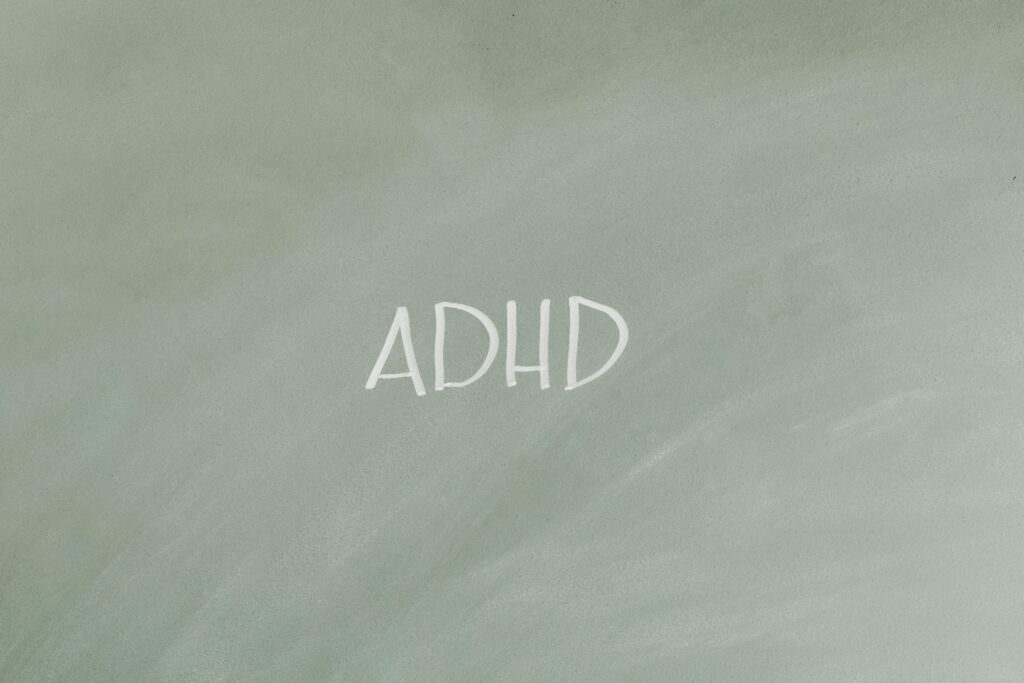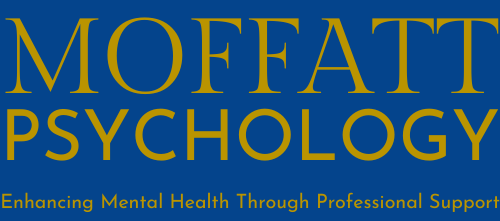Attention Deficit Hyperactivity Disorder (ADHD) is increasingly recognised not only in children but also in adults who may have struggled silently for years without understanding the root cause of their difficulties. If you’ve recently undergone an ADHD assessment as an adult, it’s natural to have many questions about what comes next. Here at Moffatt Psychology, we believe in providing comprehensive support to guide you through your mental health journey. This blog post will explore what to expect post-diagnosis and how you can navigate life with ADHD.

Understanding Your Diagnosis
First and foremost, receiving an ADHD diagnosis can be both a revelation and a relief. It’s natural to feel a mix of emotions—relief at finally understanding what’s been causing your challenges, and perhaps some anxiety or sadness about the hurdles ahead. Remember, an ADHD diagnosis is not a label but rather a tool to help you manage your symptoms more effectively.
Immediate Steps Post-Diagnosis
1. Information and Education
Knowledge is power. The more you understand ADHD, the better equipped you’ll be to manage it. Consider the following:
- Literature: Books and online resources dedicated to adult ADHD can provide valuable insights. Some recommended reads include “Driven to Distraction” by Dr. Edward M. Hallowell and Dr. John J. Ratey, and “You Mean I’m Not Lazy, Stupid or Crazy?!” by Kate Kelly and Peggy Ramundo.
- Websites and Forums: There are numerous online communities where people with ADHD share their experiences and strategies for living well with the condition.
2. Therapy and Counseling
At Moffatt Psychology, we offer individualised psychological therapy tailored to your unique needs. Therapy can be pivotal in helping you develop strategies to manage your symptoms effectively. Common therapeutic approaches include:
- Cognitive Behavioral Therapy (CBT): This form of therapy helps you identify and change negative thought patterns and behaviors. CBT can be particularly effective in managing the emotional and behavioral challenges associated with ADHD.
- Mindfulness-Based Therapies: Techniques such as mindfulness meditation can improve focus and reduce impulsivity.
3. Medication
Medication is another crucial component in managing ADHD. Discuss with your psychiatrist or healthcare provider about the potential benefits and side effects of medication options. Common medications include stimulants like methylphenidate or amphetamines, and non-stimulants such as atomoxetine.
Building a Support System
1. Professional Support
Ongoing support from mental health professionals is essential. Regular appointments with your psychologist or psychiatrist can help you monitor progress and make necessary adjustments to your treatment plan.
2. Family and Friends
Your close relationships can be a vital source of support. Educate them about ADHD and how it affects you. Open communication can foster understanding and patience, making it easier for them to support you effectively.
3. Support Groups
Connecting with others who have ADHD can provide emotional support and practical advice. Support groups, either in-person or online, can also reduce feelings of isolation.
Developing Coping Mechanisms
1. Organisational Strategies
Living with ADHD often means finding ways to structure your environment and daily routines to reduce distractions and improve focus. Some strategies include:
- Lists and Planners: Keeping to-do lists and using planners can help you stay organized and remember important tasks and appointments.
- Technology: Utilise apps designed to support people with ADHD, such as task managers and reminder apps.
2. Time Management
Effective time management is crucial. Here are some techniques:
- Prioritisation: Focus on one task at a time and prioritise them by importance and deadline.
- Break Tasks into Smaller Steps: Large tasks can feel overwhelming. Breaking them into smaller, manageable steps can make them more approachable.
3. Lifestyle Changes
Diet and Exercise
A healthy lifestyle can significantly impact the management of ADHD symptoms:
- Diet: Some research suggests that a diet high in protein and low in simple carbohydrates can help manage symptoms. Omega-3 fatty acids, found in fish and flaxseed, may also be beneficial.
- Exercise: Regular physical activity can improve concentration and reduce impulsivity and hyperactivity. Even a short daily walk can make a difference.
Sleep Hygiene
Quality sleep is vital for managing ADHD. Establish a regular sleep routine by going to bed and waking up at the same time each day. Avoid screens before bedtime and create a calming bedtime routine to ease into sleep.
Long-Term Management
1. Regular Assessments
Regular check-ins with your mental health care provider are essential to review your progress and treatment effectiveness. These assessments can help make necessary adjustments to your therapy or medication.
2. Adaptability
Life with ADHD requires adaptability. Be prepared to modify your strategies as your life circumstances or symptoms change. Flexibility can make it easier to manage unexpected challenges.
3. Professional Development
ADHD can present challenges in professional settings. Consider seeking career counseling or job coaching specifically tailored for individuals with ADHD. These services can provide strategies to excel in your career despite the challenges posed by ADHD.
Empowering Yourself
1. Self-Advocacy
Learning to advocate for yourself is crucial. Whether it’s asking for accommodations at work or seeking additional support from your healthcare provider, standing up for your needs can greatly enhance your quality of life.
2. Strengths-Based Approach
Focus on your strengths. Many people with ADHD are creative, energetic, and excellent problem solvers. Emphasising these attributes can produce a more positive outlook and open doors to new opportunities.
3. Mindfulness and Self-Care
Mindfulness practices and self-care routines can help manage stress and improve mental well-being. Regularly engaging in activities that you enjoy and that relax you is essential for maintaining a balanced life.
Conclusion
Receiving an adult ADHD diagnosis is just the beginning of a journey towards a better understanding of yourself and improved well-being. At Moffatt Psychology, we are committed to providing high-quality psychological support tailored to your unique needs. By accessing professional support, building a resilient support system, developing effective coping mechanisms, and empowering yourself through knowledge and advocacy, you can lead a fulfilling and productive life despite the challenges of ADHD.
If you or a loved one are navigating life after an ADHD diagnosis, don’t hesitate to reach out to us for support. Our team of experienced psychologists in Penrith, NSW, is here to assist you in every step of your mental health journey.
Enhancing your mental health through professional support is our mission. Contact Moffatt Psychology today to schedule an appointment and take the next step towards a balanced and fulfilling life.


